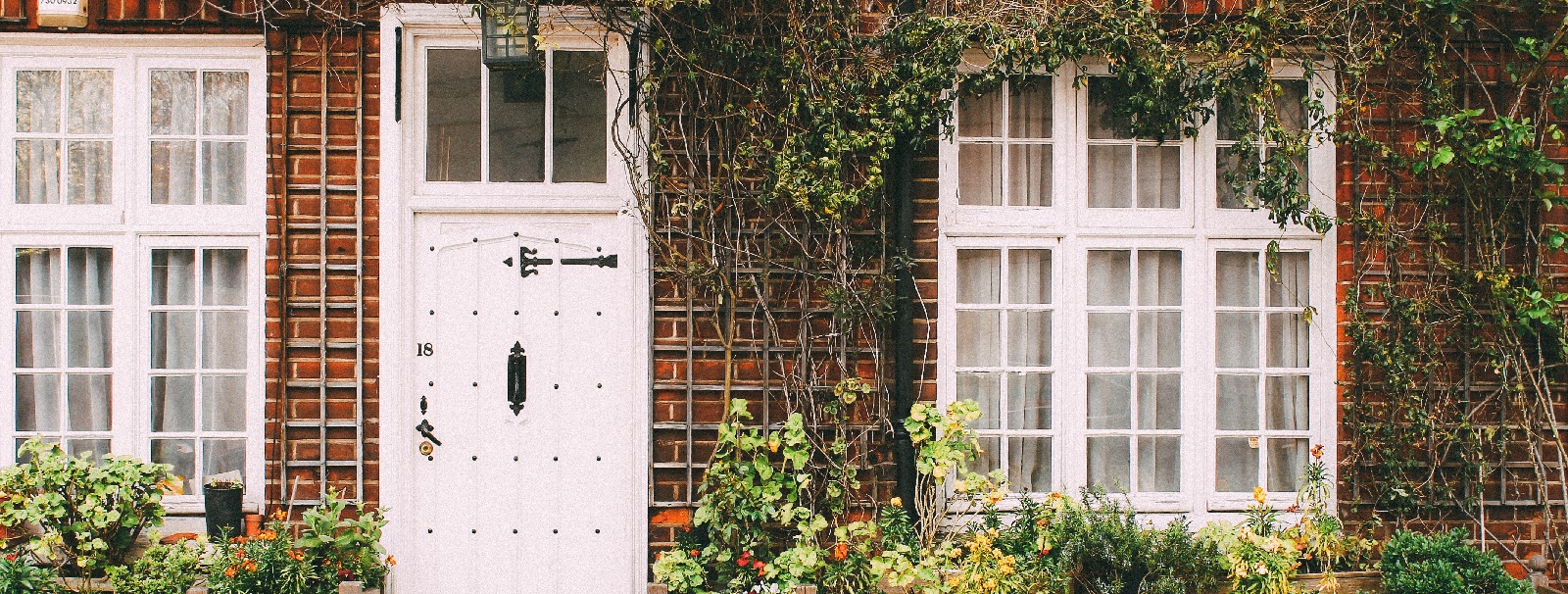This website uses cookies so that we can provide you with the best user experience possible. Cookie information is stored in your browser and performs functions such as recognising you when you return to our website and helping our team to understand which sections of the website you find most interesting and useful.

Blog
Home Matters
I think there’s a reason that one of the most enduring quotes of all time is: “There’s no place like home.” For me, I never quite understood it. Why would Dorothy want to leave the colour and adventure and freedom of Oz, to return to a sepia-toned Kansas with a family that kept telling her what to do and neighbours who hurt her dog? In Oz, she had a perfectly decent support system of friends to help her along; the skills and resources to kill not one, but two witches; and even a loyal following of munchkin fans. Dorothy apparently had the tools one would need to live a successful, independent life – people to support her, skills, opportunities and even fame – and yet, there’s no place like home.
I think a safe, secure place to call home is probably the thing I most take for granted. I grew up in a semi-detached house in a middle class area, which meant I rarely thought about my own safety walking home from school – which was only ever a 20-minute journey. I had my own room, with my own stuff, which meant I had the space and resources I needed to study and do well in my education, as well as a sense of ownership and belonging. And I lived with my own, loving family, which meant I had plenty of support and attention, and very little to distract me from getting on and succeeding at whatever I put my mind to.
But when I stop and try to picture my life without the home I grew up in, or the various homes I’ve been lucky to live in since, I can’t even imagine how different things could have been. Imagine you spent your childhood living on the streets or train station platforms, and you had no time for anything other than trying to find food, keep safe, and survive. Or maybe you lived in a slum community, with a lot of you squished into a small space with little privacy. Perhaps you ended up in a children’s home, and maybe for the first time experienced what a safe, secure, stable home was like, but you turned 18 and found yourself with nowhere to go, no one to live with, and no money to afford anywhere anyway.

In 2017, researchers from Tata Institute of Social Sciences in Mumbai published a study of young Indian girls transitioning out of residential care homes in both Mumbai and Kolkata. There were lots of factors that determined how much each young person thrived, but “finding appropriate accommodation was one of the biggest challenges for girls leaving care. Because living expenses are quite high in metropolitan cities, finding cheap but secure accommodation was very difficult.”
One girl ended up in a women’s hostel with a strict 8:30pm curfew, and when her long working hours delayed her return she found herself in trouble and facing a dilemma: whether to leave her job or to change residence – neither of which were easy options. Another participant could only afford to rent a room in a house in the suburbs, leading to a very difficult situation: “I have to travel five hours every day to reach my workplace. I work six days a week. I am also sitting for my class XII examination in private. I hardly get time to study. I am desperately seeking accommodation nearer to the city but hardly have the money…”
Girls who returned to difficult families, or stayed with extended family members, reported issues with siblings, adjustment problems, pressure to get married and feelings of alienation. Others experienced difficulty attaining a permanent residence, with the constant moving leading to adjustment issues, drastically-increased monthly expenses, the hassle of renewing rental contracts and the obstacle of being accepted into each neighbourhood. Girls were victims of domestic violence, gender bias, and the social stigma of having no parents or family history. One participant shared:
“I live in a joint family and the in-laws are very strict. Before marriage they had agreed to a lot of things but then changed their stance. They do not let me work. I am not allowed to keep in touch with my friends or even have my own mobile…There are huge differences in our culture and food habits. I can hardly eat their food…I am forced to visit their temple everyday and learn their language…During my menstruation, I am expected to remain alone and sleep on the floor on a bed sheet. I am not allowed to go inside my bedroom or have physical contact with my husband. I am given food on a separate plate and cannot enter the kitchen. I am not allowed to leave the house during those days…I have no parents so they dictate to me in such a way.”
Try dealing with all that at home, and see how much you thrive as an independent, self-sufficient adult in the rest of your life.
Home is everything; it’s step one, it’s the cornerstone, it’s the foundation from which the rest of your life will develop. A good home is a safe space in which you can learn new skills, look after your mental health and focus on your future. A bad home, or a lack of any home at all, gets in the way of all those things.
At Pursuit, we’ve come to learn that there’s no place like home. That’s why we work with two children’s homes, to ensure they have the resources they need to champion safeguarding and holistic care. And, as part of our RAMP project, we help transition young people out of a large children’s home setting into safe accommodation that they share with one or two others, supporting them as they learn how to take care of their own space and deal with things like rent, landlords and housemates.
When you read through the stories of the young people in RAMP, almost all of them contain a pivotal moment where they weren’t sure where to find home:
“The children’s home could not continue to look after me when I turned 18, and I had no home or family to go back to.”
“Eventually I had to leave the home as I was too old to stay there, and I was very worried about the impact that returning to my old community would have.”
“When my time came to leave the boys home, I certainly knew that I would not be able to pursue higher education. I was also very worried that I wouldn’t be able to manage the cost of living alone, and I had nowhere to go for help.”
But through RAMP, many of our young people have a home of their own for the first time – and the results are monumental. One of our young people points to sharing a home with a few other boys as enabling him to finish his education and start a promising new career. Having a home in the city helped another to do the same, and now she’s managed to secure a home for the rest of her family. Another now feels less vulnerable as a girl in a big city. These things are huge, and they all start from home.
If you believe there’s no place like home, you can click the button below to donate as a one-off or click here to sign up for giving regularly. It costs just £12 to provide a month’s rent for a young person in RAMP, so we invite you to join us in pursuit of a world where every young person has a safe place to call home.
More from the Blog
- What does a child really need? For centuries, it was believed that if a child’s basic needs of food, water and shelter were met, children would generally turn out okay. However, in the 1950s this idea was challenged – and theories of child development have never quite looked the same… Read More
- I’ve always thought schools should do classes in “Adulting”. The education system has determined that we need to be taught algebra to make it as a grown up, and yet things like mortgages remain a mystery to figure out as we go along. As much as I loved doing Art… Read More
- Being a teenager is a tough gig. You have the pressure of exams which may set the course for your future career. You’re figuring out not only what you want to do in life; but who you want to be. You’re falling in love for the first time, and dealing… Read More
 People Matter
People Matter
 Life Skills Matter
Life Skills Matter
 Mental Health Matters
Mental Health Matters

